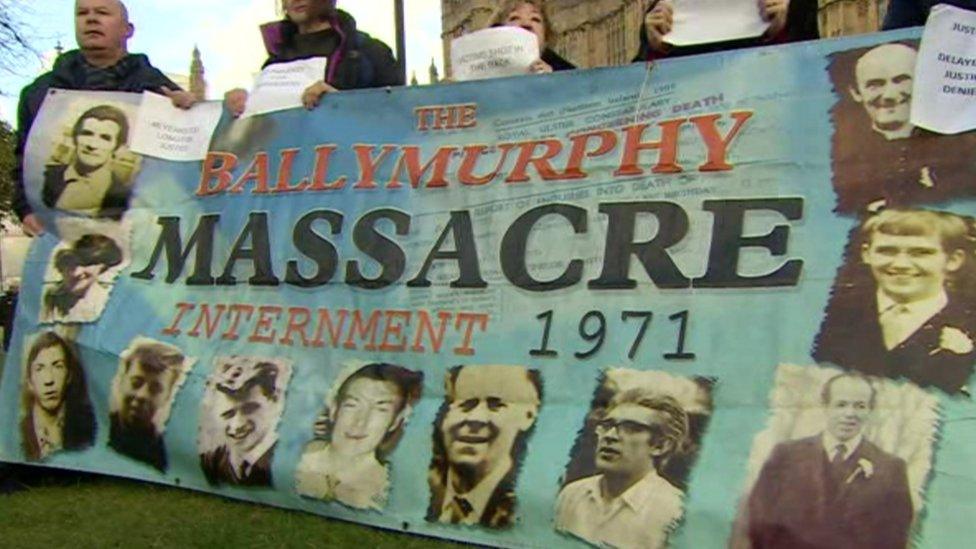Ballymurphy inquest: Coroner reports tweet
- Published
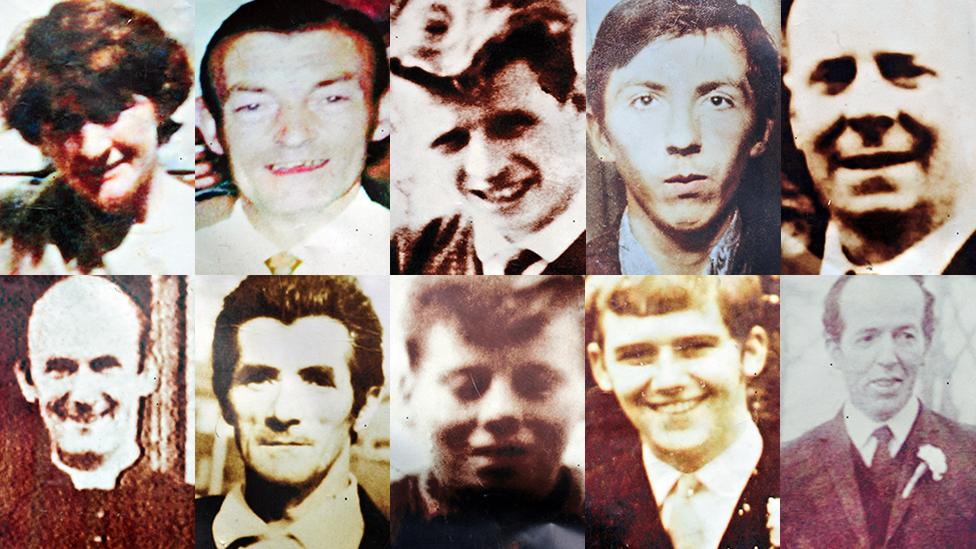
Nine men and a woman were killed in Ballymurphy in August 1971
The coroner in the Ballymurphy inquest has reported a tweet by a man from an army veterans' group to the Attorney General as a potential contempt of court.
Faced with the news that some former soldiers might not be cooperating with the inquest the coroner Mrs Justice Keegan had made a statement on Tuesday.
She reminded everyone that she had the power to subpoena witnesses.
She said that it was not permissible to discourage others from coming forward.
However, on Wednesday a man named Alan Barry tweeted encouraging any subpoenaed former soldiers to "suffer from a total loss of memory".
In court, the coroner said: "I have reported these comments to the Attorney General in relation to potential contempt of court.
"Remarks such as those made by Mr Barry must not be allowed to derail the inquest or tarnish the genuine efforts by former soldiers to assist this inquest."
Referred to by many as the Ballymurphy Massacre, nine men and a woman were killed over three days in August 1971.
An inquest into the deaths opened at Laganside Courts in Belfast on Monday.
The victims included a priest trying to help one of the wounded and a mother of eight.

Who were the victims?
Father Hugh Mullan, 38, and Francis Quinn, 19, were shot in an area of open ground behind Springfield Park
Daniel Teggart, 44, Joan Connolly, 44, Noel Phillips, 19 and Joseph Murphy, 41, were shot near the Henry Taggart Army base near Springfield Park
John Laverty, 20, and Joseph Corr, 43, were shot at separate points at the top of Whiterock Road
Edward Doherty, 31, was shot at the corner of Brittons Parade and Whiterock Road
John McKerr, 49, was shot outside the old Corpus Christi Parish

Later the court heard from the families of three more people who were killed in Ballymurphy, who gave moving accounts of their relatives.
Alice Harper, the daughter of Daniel Teggart who was shot on 9 August 1971, said "They branded them them gunmen and a gunwoman, they took their good name and blackened them.
"I want my father's name cleared."
Kathleen McCarry told the story of her brother Eddie Doherty.
She said: "When you think about that one shot that killed Eddie and look at all those lives it affected, the ripple effect 47 years later and it will go on to their children and their children's children until there is some kind of acknowledgement, somebody holding their hands up and saying we are sorry."
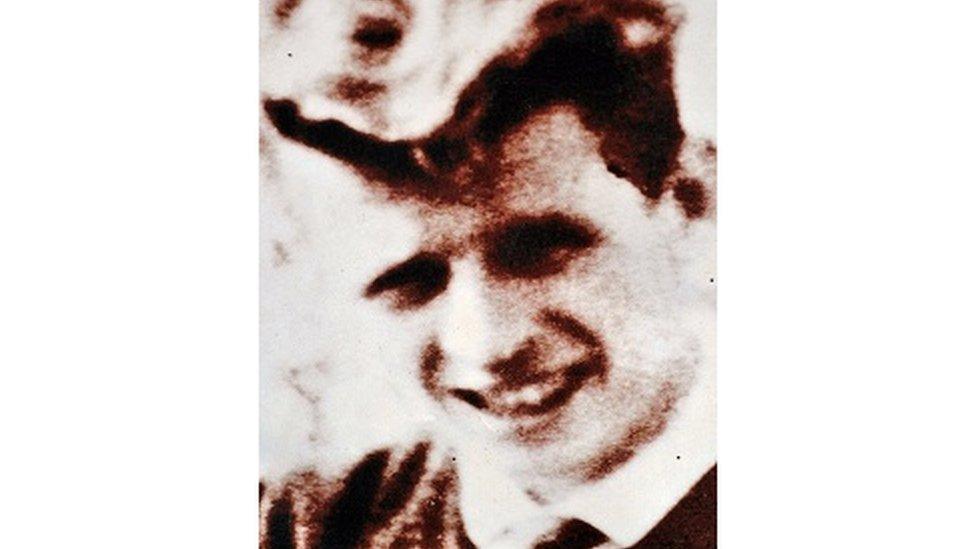
Eddie Doherty was 31 when he was killed
Later, Eileen McKeown told the court about her father Joseph Corr who had been a machinist at Shorts, and had been planning to move the family to Australia.
She said "When the media said he was a gunman, they blackened his name and blackened our family's name."
She added: "His workmates all think that he was an IRA gunman and I want them to know that he wasn't."
The Corr family had received hate mail after Joseph's death.
Operation Demetrius
The killings happened during an operation by the Army known as Operation Demetrius, in which paramilitary suspects were detained without trial.
At the time, the Army said those killed were either IRA gunmen, or were caught in the crossfire between soldiers and gunmen.
The families of those who died say they believe the evidence which is heard during the inquest will show their relatives were innocent, and were targeted deliberately.

The families of the following three victims gave accounts of their relatives on Thursday.
Daniel Teggart
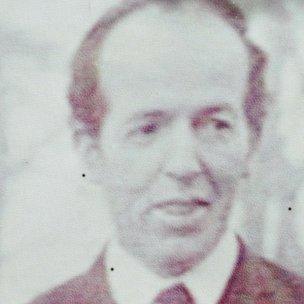
Alice Harper is the daughter of Daniel Teggart, 44, who was shot near the Henry Taggart army base near Springfield Park.
She said she was part of a family of 13 children and they had been living in a house in New Barnsley Crescent prior to her father's death.
"It might seem impossible to care for 13 children and work but my father did his stint around the house caring for us," Ms Harper said.
Mrs Harper said her father went missing on the day interment was introduced, 9 August 1972, and she went to the Henry Taggart army base to ask for information:
"I asked 'did you arrest my father?' I was just asking different questions and they just said no we hadn't time for arrests we only had time for killing and that was their words."
The Army later directed her to a morgue.
"After that, all of our lives changed completely and it affected our family in a big way," she said.
The IRA shot dead one of her brothers in 1973.
"Our family never got any support we were just left to get on with things.," she said.
"It took us a long time but we got our Bernard's name cleared. Now we need to get our daddy's name cleared. He was innocent just like Bernard was."
Joseph Corr
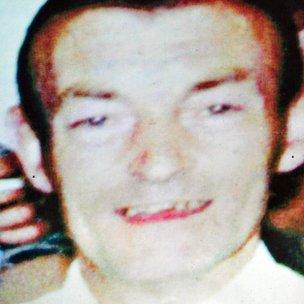
Eileen McKeown is the daughter of Joseph Corr, 43, who was shot at the top of the Whiterock Road.
Mr Corr worked in Shorts as a machinist. After the Army said he was an IRA gunman, his family got hate mail from his former colleagues, Ms McKeown said.
She said that Mr Corr lived for his family, even taking on part-time jobs to bring in extra money.
The family were in the process of emigrating to Australia when he was killed.
"Daddy was shot on the 11th August and was in hospital for sixteen days before he died, at the beginning he was missing, we didn't know where he was, whether he was alive or dead before he was found in Musgrave military hospital, I remember thinking why did they take him there when the Royal Victoria Hospital is closer?
"When my daddy was in hospital, we were taken to a refugee camp somewhere in Dublin to a convent I think, mammy must have thought we would be safer there.
"The next memory I have is my uncle Paddy telling us that my daddy was dead," Ms McKeown said, adding that the lives of everyone in the family changed completely.
"The soldiers who did this, they don't realise the after-effects. I mean, I used to have four brothers and now I've none.
"With all the boys they resented the fact that they lost their daddy and they never had a father figure around. Their dependence on alcohol and early deaths are as a direct result of losing my daddy.
Ms McKeown said she wanted her father's name cleared and the true facts to be recorded.
Edward Doherty
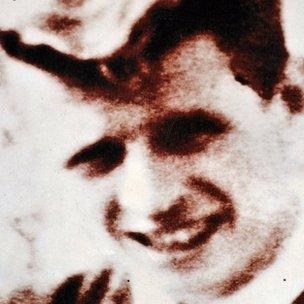
Kathleen McCarry is the younger sister of Edward Doherty, 31, who was shot at the corner of Brittons Parade and Whiterock Road.
Mr Doherty had been a soldier, a member of the Royal Engineers, who later joined the Territorial Army.
Ms McCarry remembers her brother as a family man. With rumours that internment was going to be introduced, Mr Doherty sent his wife and children to Ardglass in County Down.
Ms McCarry saw her brother on the second day of internment:
"I told him to watch himself going down the road and he said he would. He left my daddy's and went on to our sister Theresa's where he had a cup of tea. He left Theresa's at 4.35pm.
"The next thing we knew Eddie was dead."
"My mummy went to pieces, we all went to pieces, it was like a nightmare you were never wakening from, we just found it so hard to cope," Ms McCarry said.
She said her family and his were torn apart with grief.
Ms McCarry said she wanted her brothers named cleared for him and his children.
"It just takes over your life. When you think it's 47 years and that's a lifetime."

The inquest continues next week.
- Published6 September 2018
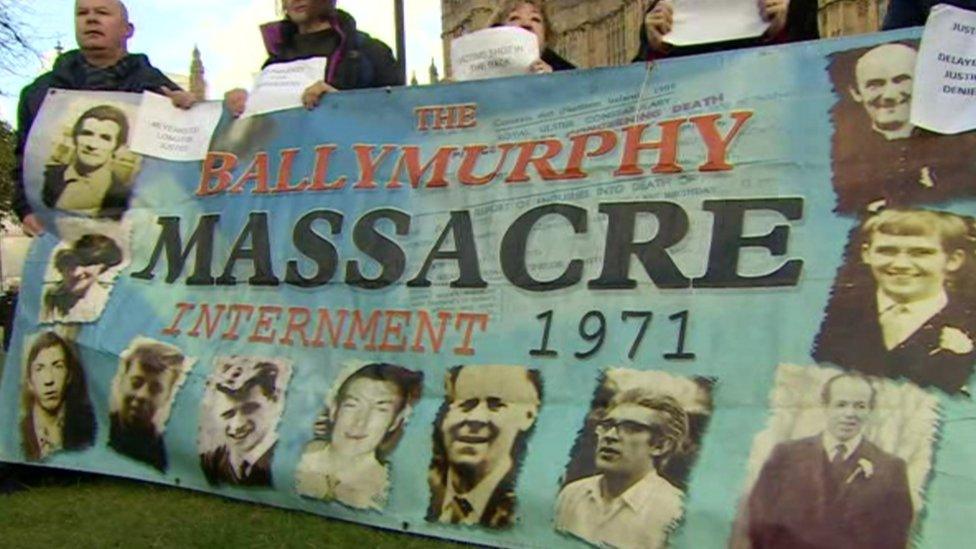
- Published27 July 2018
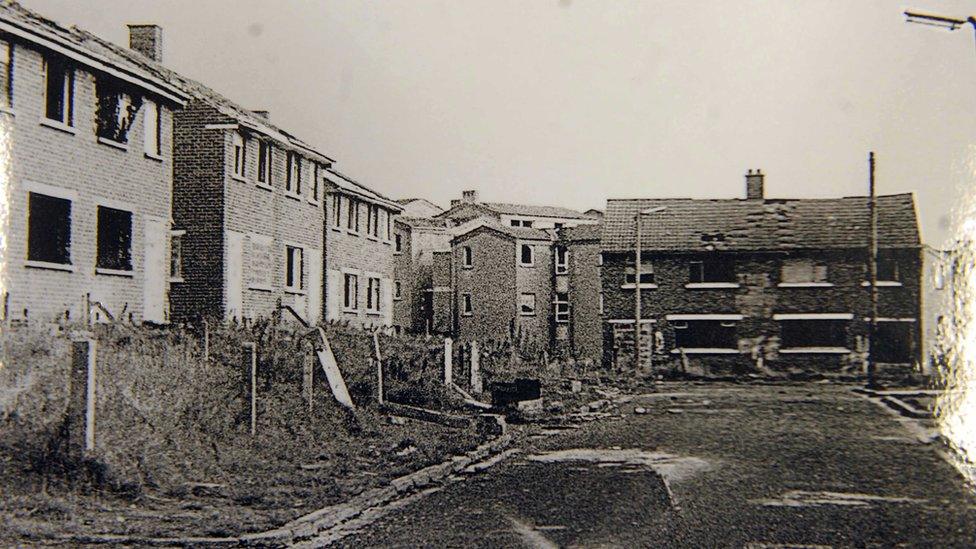
- Published2 May 2018
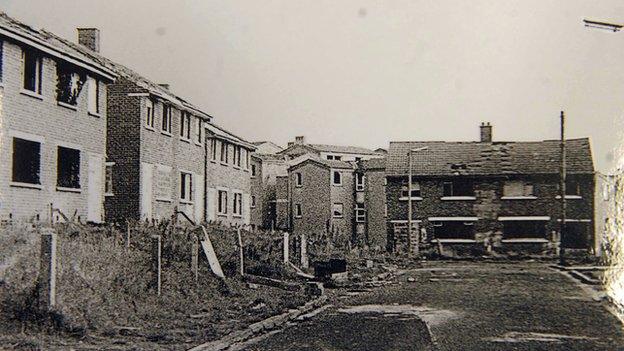
- Published25 January 2018
